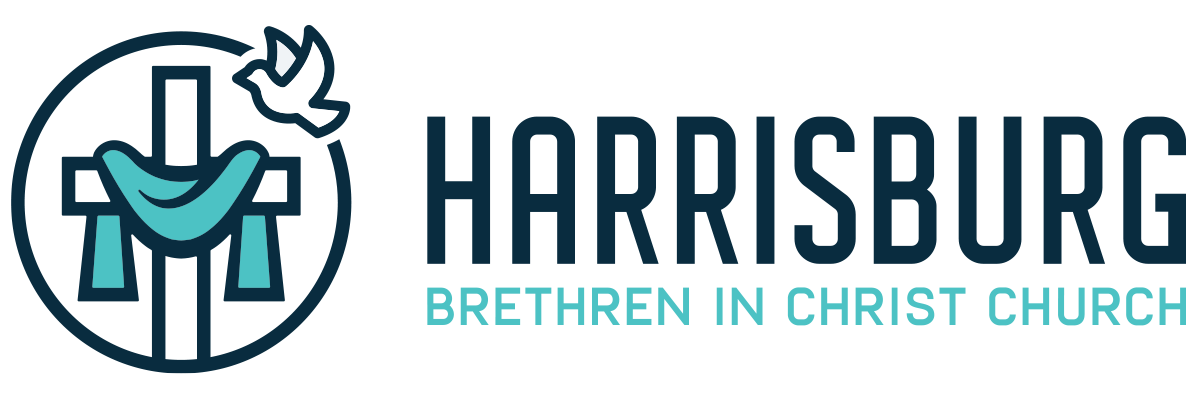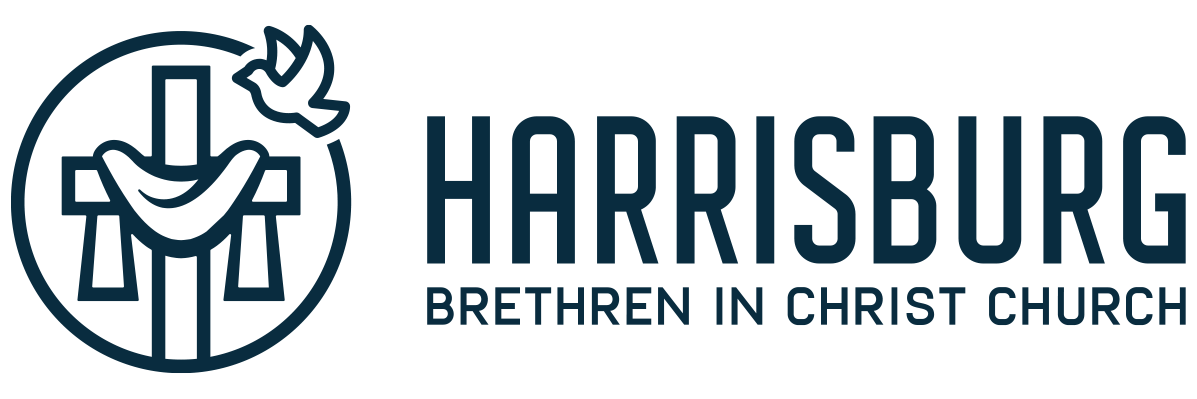Dear Church Family and Community,
Years ago, a friend married a woman named Mizpah. I did not know her well, but was curious as to the origin of her name since this was my first time meeting someone with her name. After conversation and some more research, I learned that Mizpah is a biblical name tucked away in a fairly significant story in the book of Genesis. It also becomes the name of a worship site for God, a place that Israel returned for assembly to discuss the governing of the country. Yet it is the story of Jacob and Laban to which it primarily belongs.
The majority of Jacob and Laban’s relationship is problematic and troublesome. In fact, we can actually say this in regards to most of Jacob’s early relationships with his family (Rebekah, Isaac, Esau, etc.). In one particular series of events, Jacob schemes to acquire his father’s birthright from his brother Esau. Then in successfully deceiving his father to receive the blessing over Esau, Jacob flees to Laban. In doing so, Jacob discovers Laban to be a deceptive match. He covenants to work seven years for marriage with Rachel, one of Laban’s daughters, but Laban deceives Jacob by instead offering his other daughter, Leah. Because of this deception and manipulation by Laban, Jacob works seven more years before eventually being given the opportunity to marry Rachel. While Jacob’s early story involved problematic and troublesome themes, the story of his life continues and evolves.
As his family, flocks and wealth all grew through God’s blessing, Jacob dreamed of returning home to his parents Isaac and Rebekah. God had blessed Laban on account of Jacob, and Jacob’s children were birthed by Laban’s daughters. Because of this, Laban had no desire to see Jacob or his family leave. God eventually sent an angel though to give blessing to Jacob to leave, and without telling Laban. Needless to say, this does not go over well with Laban who pursues Jacob for seven days. Though God appears and warns Laban, his anger initially wins the day. He confronts Jacob, asking why Jacob had taken away his daughters and grandchildren, stolen his gods (idols), and done so without talking with him.
Yet this story is best understood in how it ends. It ends with mizpah. It ends in peace and reconciliation. It ends in remembrance. It ends with this prayer: let God watch over you and me, when we are apart. It ends with a promise before God and each other to not cross boundaries and to not harm each other. It ends with the blessing of breaking bread as a family and trusting God who watches over and protects us all. The mizpah Jacob and Laban pledge to each other is the same peace and reconciliation God calls us to work for and have with one another.
This Sunday we are going to return to our DNA: Living Out Our Uniqueness, and into Our Call sermon series by looking at our call and work to pursue peace and reconciliation. There are so many things that divide us. However, none of them are stronger than the Spirit of God that binds us together as one. Pursuing peace and reconciliation is growing in understanding, appreciation, and love of one another. Our call to be peacemakers should also be demonstrated in two ways: the macro level (choosing life over death, choosing peace over war, choosing community over individual, etc.) and the micro level (forgiving one another, being places of healing for each other, reconciling with each other, etc.).
To prepare for this week’s service, please take some time to read and pray through Genesis 31. After you read, spend some time reflecting on areas of your life where you need to more actively pursue peace and reconciliation. Where do you need to grow in understanding, love, and appreciation for those who are different than you? Who do you need to forgive? Who would you like to forgive you? What does reconciliation look like in relationships that have fallen or grown apart? Who do you need mizpah with as you seek to live for God’s glory?
Lastly, if you were not able to join us last week, or if you were only in one of our services, please be sure to take some time to listen to that special service focusing on the mosaic God has crafted at HBIC. I shared a sermonette on what we see and learn from Revelation 5, and then we were blessed and enriched by the stories of many of our HBIC kin who shared what it means to them to be part of our church family. You can listen to this sermon here on our website, or through our sermon podcast at Soundcloud, Google Play, iTunes, PocketCasts or Stitcher.
I pray that the Lord our God will always watch over us when we are apart. I pray that we will live to not cause harm to one another. I pray that we will seek first the kingdom of God, and to rely on the Holy Spirit to help us always choose God’s peace and reconciliation.

I love you, and God bless you all.
Love in Christ,
Pastor Hank (Genesis 31:49)
P: (717) 561-2170, ext. 104
E: pastorhank@harrisburgbic.org

